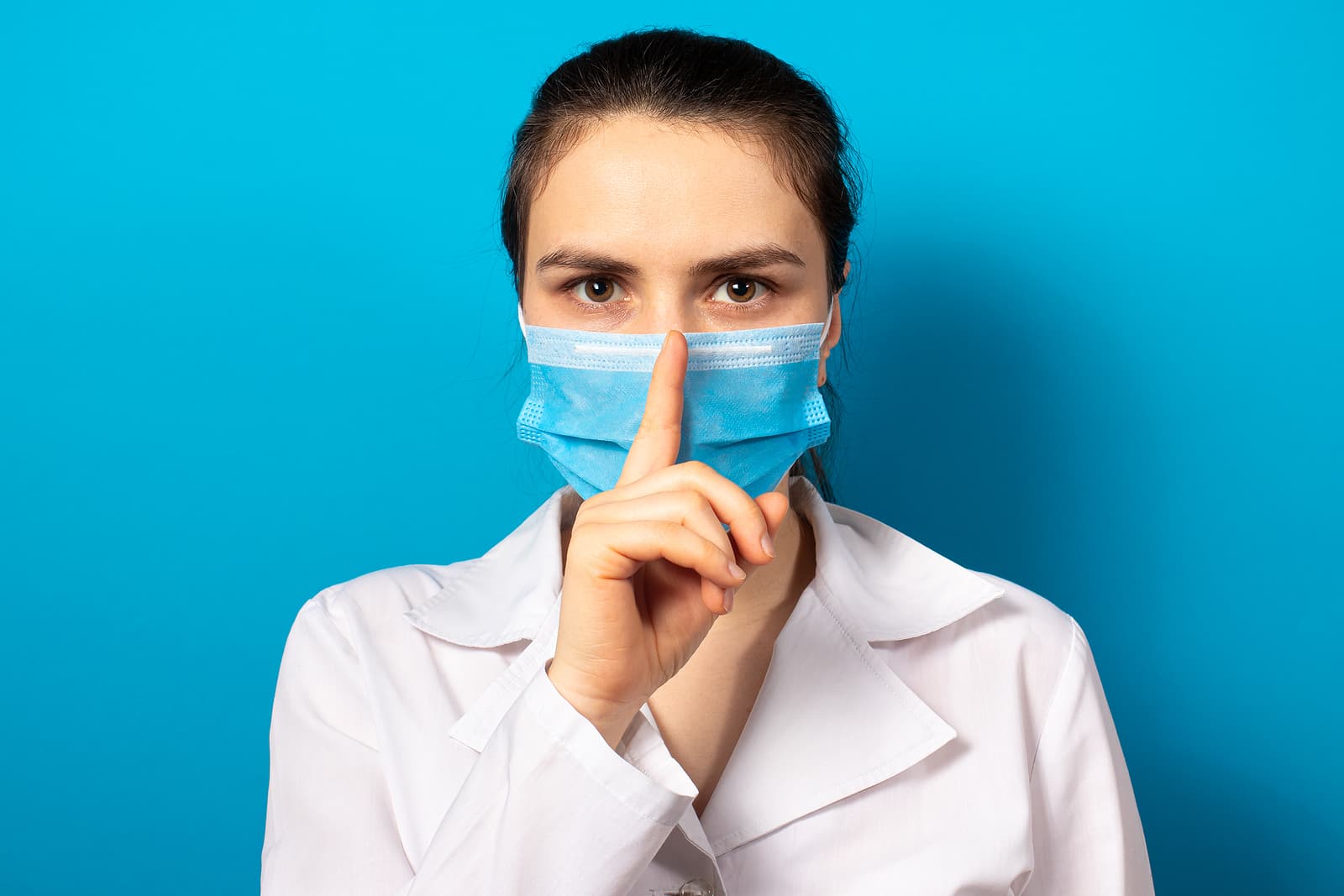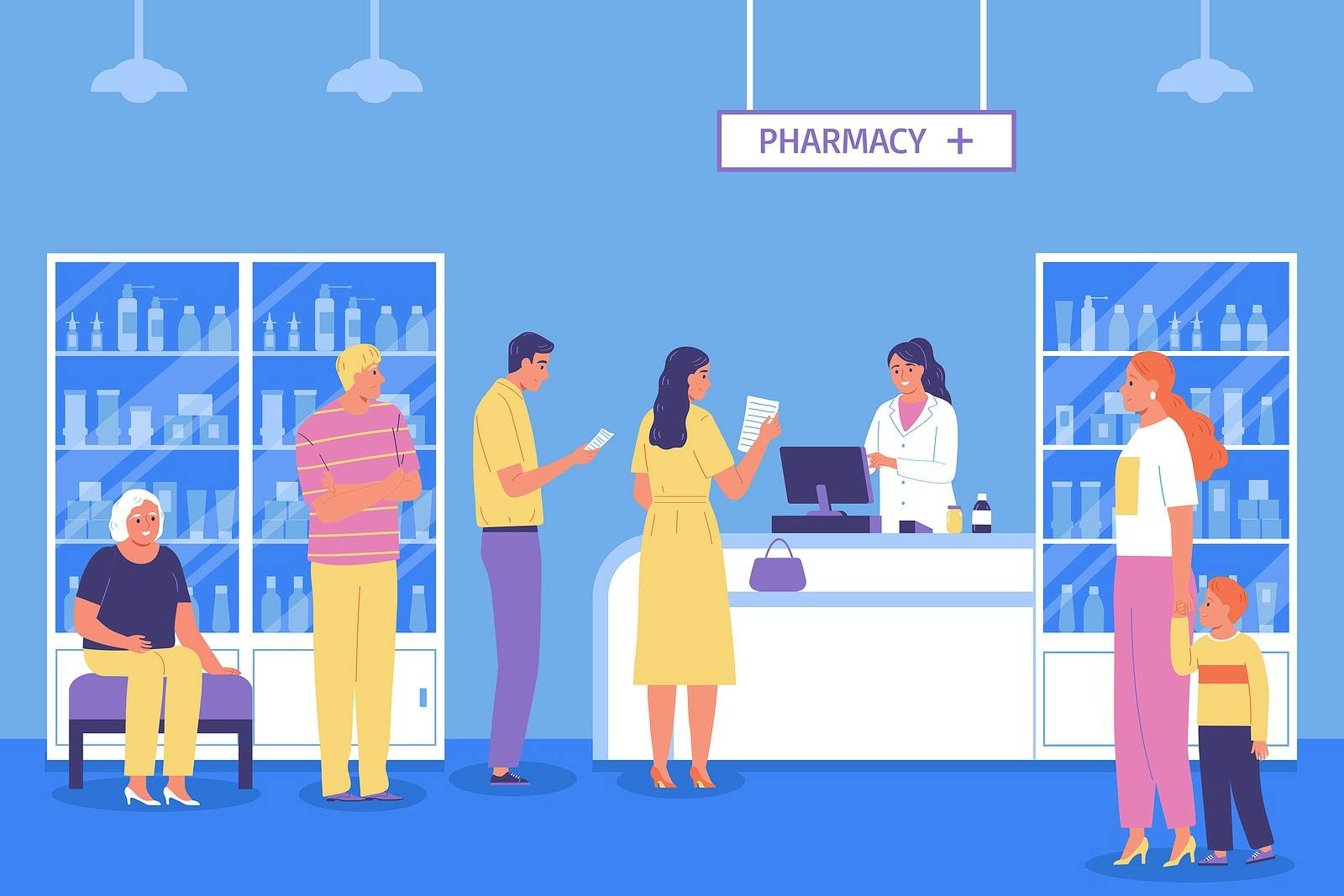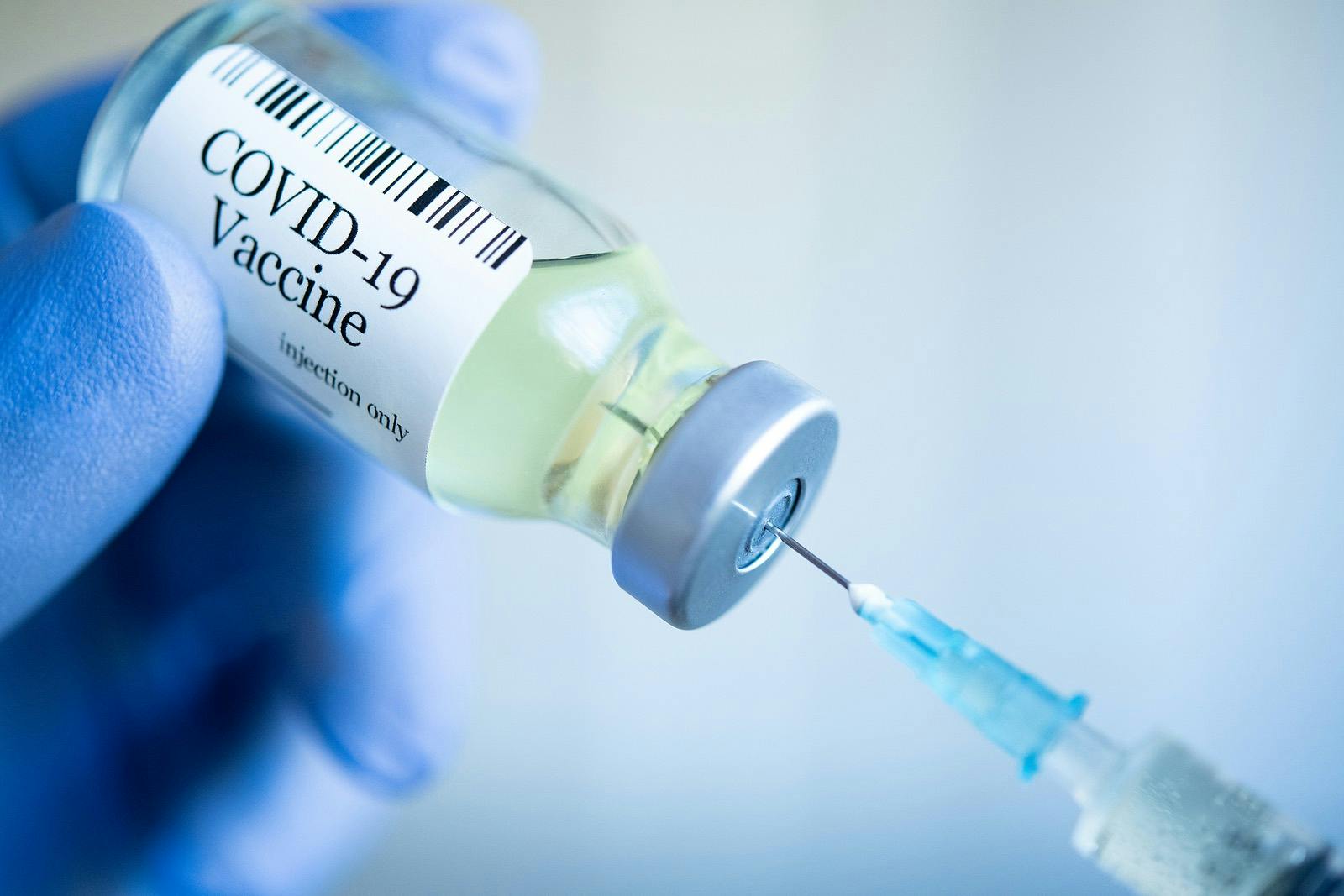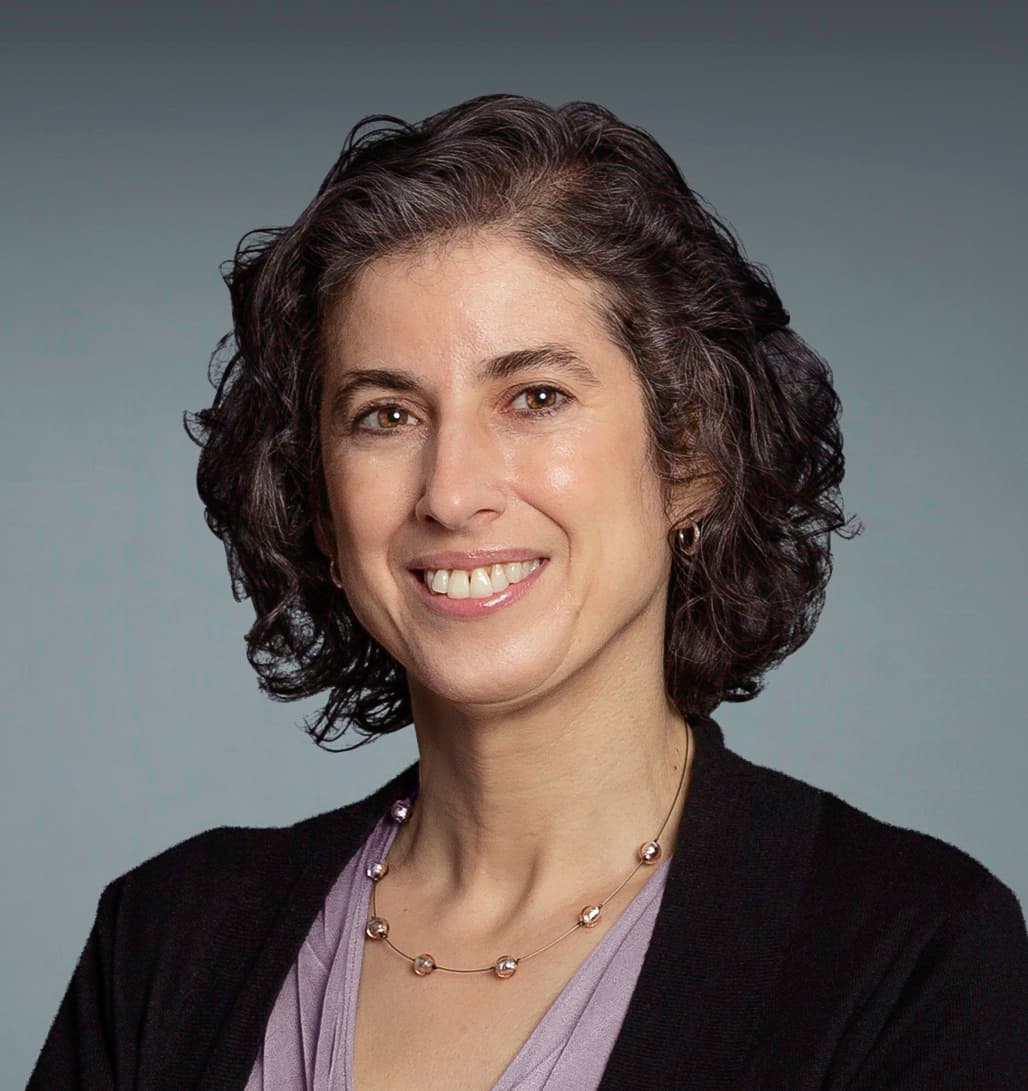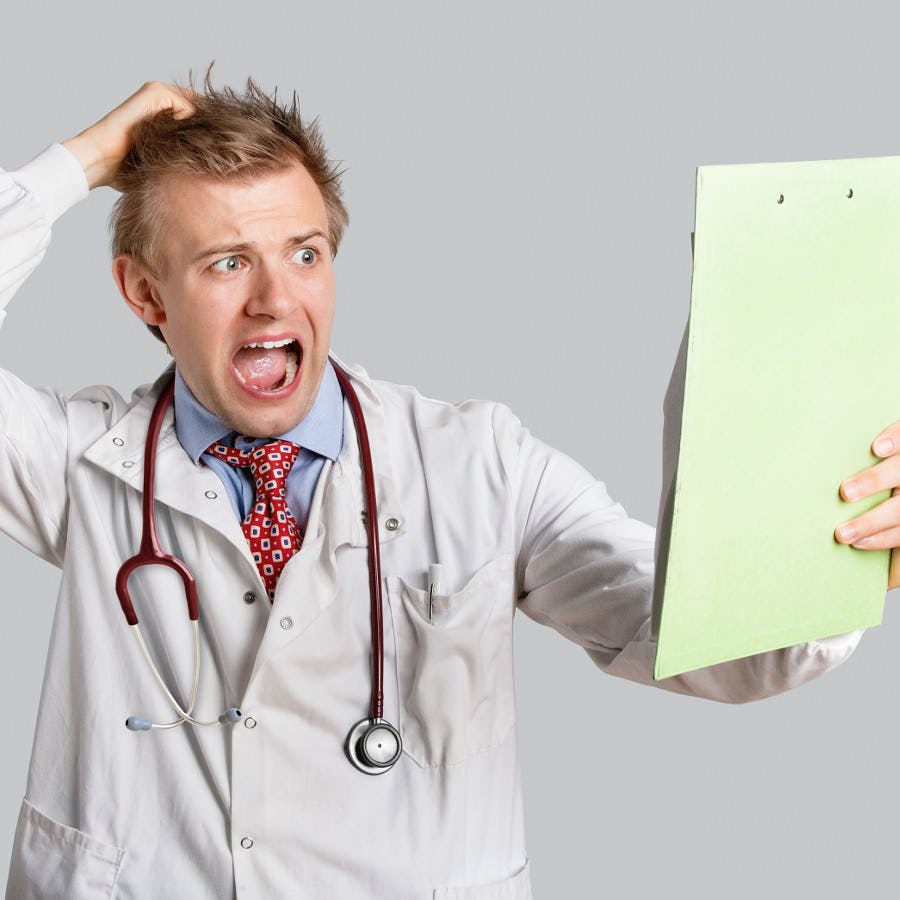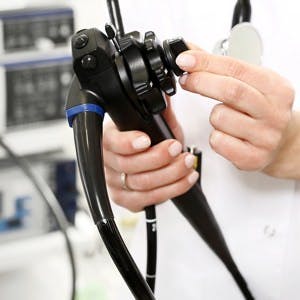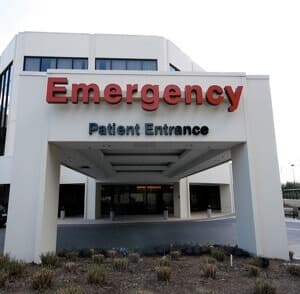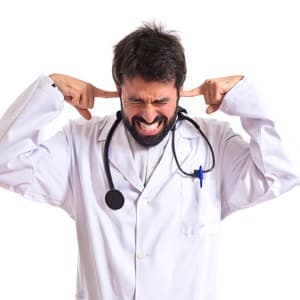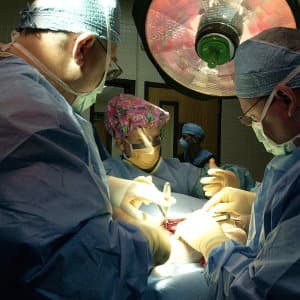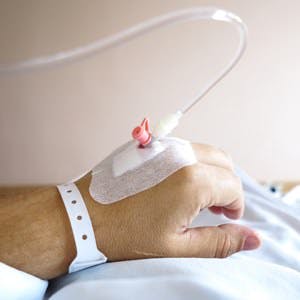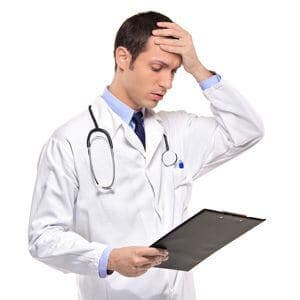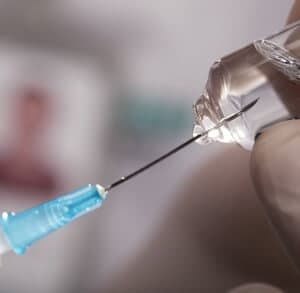Articles categorized as Medical Errors
How Common Are Antibiotic-Resistant “Nightmare Bacteria”?
Public health experts in the US and around the world are concerned about nightmare bacteria that have developed resistance to antibiotics.
Why We Care That Pharmacists Are Going on Strike
Pharmacists are going on strike to protest working conditions that keep them from providing the best quality care to their customers.
Here’s Why I’m Hoping Chain Store Pharmacists Undertake a National Walk-Out
A retired pharmacist, Dennis Miller, tells why he thinks pharmacists are justified in staging a walk-out to demand safer working conditions.
Shortage of Pharmacy Techs During Pandemic Can Have Deadly Consequences
Pharmacists are responsible for all the work done by technicians. With pharmacy techs quitting in the pandemic, the chances are higher that a tech's mistake will slip by your pharmacist.
Show 1239: How Can We Prevent Diagnostic Disasters?
Getting a timely, accurate diagnosis is crucial for treatment. What questions should a patient ask to prevent diagnostic disasters?
Can Chain Drugstores Handle the Deluge of COVID-19 Vaccinations?
Pressure on pharmacists may worsen when they struggle to administer lots of COVID-19 vaccinations despite chronic understaffing.
18 Pharmacists Discuss Their Most Memorable Medication Mistakes
Have you ever gotten the wrong drug from the pharmacy? Here, pharmacists reveal their memorable medication mistakes.
Show 1209: How a Doctor Confronts Medical Error
How dangerous are medical mistakes? Dr. Danielle Ofri considers that question in her book, When We Do Harm: A Doctor Confronts Medical Error.
A Pharmacist’s 10 Reasons Why Doctors Prescribe Pills So Eagerly
In light of the serious questions about the safety of many pharmaceuticals, why do doctors prescribe drugs so freely? Here are 10 reasons.
Show 1207: Can You Use Your Patient Portal for Better Health?
Learn how you could use your patient portal to get access to your electronic medical records and improve your own health. Broadcast 4/4/20
Is Your Doctor Stressed? Depressed Doctors Are Dangerous!
Is your doctor stressed out, burned out or overwhelmed? Many MDs are beleaguered by a dysfunctional health care system. Depressed doctors are riskier.
Should You Read Your Doctor’s Visit Notes?
Patients who have access to their visit notes online through a secure patient portal find it very helpful to read what the health care providers write.
What Do Interns Do All Day?
A new time-motion study finds that interns spend far more time in front of computers than they do interacting directly with patients.
Improving Patient Safety by Reducing Alert Fatigue
When a team at St. Jude changed its system for drug interaction warnings, doctors had less alert fatigue and were less likely to override important alerts.
How Serious Is the Problem of Inappropriate Antibiotics?
An analysis of patient records demonstrates that perhaps a quarter of antibiotic prescriptions in the US are for inappropriate antibiotics.
How Clean Is the Endoscope Your Doctor Will Use?
Even hospitals that follow disinfecting protocols scrupulously cannot guarantee that every endoscope is free from bacterial contamination.
Will a Crowded Emergency Room Interfere with Your Care?
If a crowded emergency room forces doctors to examine patients in the hallway, there is a risk of missing or delaying the correct diagnosis.
An Inside Look at Pharmacy Mistakes
Pharmacy mistakes happen too frequently. Pharmacists and technicians feel bad about them. Patients should check their prescriptions carefully.
Why Are So Many Pharmacists Disillusioned?
Top Ten Reasons Pharmacists Are Disillusioned and Why You Should Care by Dennis Miller, R.Ph.
Patients Do Better Under Women Doctors’ Care
Older patients were less likely to die or come back to the hospital when they were under women doctors' care, though scientists don't know why.
Are Medical Mistakes and Deaths Being Swept Under the Rug?
Medical mistakes that lead to death are a highly controversial topic. Some physicians reject the data and question the concerns raised in a new study.
Be Wary of Deadly Mistakes in Health Care
Too often, patients are unaware that mistakes in health care are not unusual and can have extremely serious consequences.
Should You Fire Your Doctor?
If a doctor is cavalier about evaluating your health or lackadaisical about your treatment, it might be time to fire your doctor.
Are You Furious You Will Be Misdiagnosed? You Should Be
A new report from the best doctors in America says diagnostic errors are common and deadly. Protect yourself and your loved ones from diagnostic disasters.
Keeping Patients Safe in the Hospital
Keeping patients safe in the hospital can be a challenge, but clear communication and transparent accountability would help.
Taking a Peek at Your Doctor’s Notes
Patients who have access to their clinic notes found them helpful, while doctors found that they added only slightly to overall workload.
Why Do Surgical Patients Land Back in the Hospital?
Most surgical readmissions appear to be due to post-operative complications that show up once the patient has gone home.
Medical Mistakes Are Killing Fewer Americans
Reducing medical mistakes in hospital care has meant 50,000 fewer patients have died from health care harm in the last four years.
Nurse Is Distressed about Poor Hand Washing Habits
Hand washing failures lead to the spread of infections within hospitals.
Patients Need to Wash Their Hands Too
Patients who fail to wash their hands in the hospital put themselves at risk of infection.
Show 934: What Are Hospitals Trying to Hide?
Trying to collect information on hospital prices and medical errors leads patients to wonder: what are hospitals trying to hide?
Are You Mad As Hell About Medical Mistakes? If Not, Why Not?
Medical mistakes contribute to far too much disability and death to be dismissed lightly. How can you protect yourself or your family?
Did Surgeons Really Leave 16 Items Inside Patient?
Most people do not look forward to surgery. Even great surgeons can sometimes make mistakes. Are there ways to reduce the risks. What questions should you ask BEFORE surgery?
Dr. Sanjay Gupta’s Advice for Avoiding Medical Mistakes
Patient vigilance is critical in avoiding medical mistakes, which are an important source of health care harm.
Hospital Errors Have Tragic Consequences
Most people do not like to think about medical mistakes. We want to have confidence in our health professionals. But hospital errors and common and deadly.


